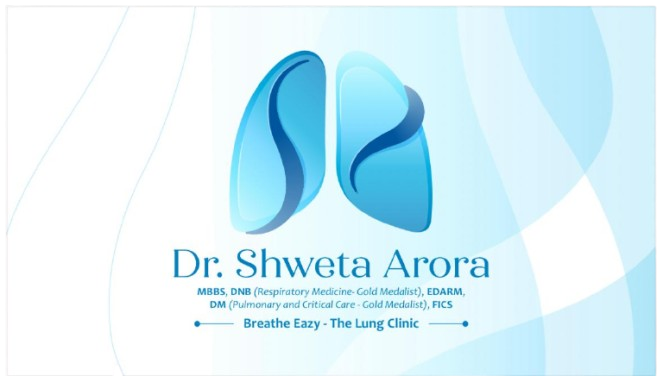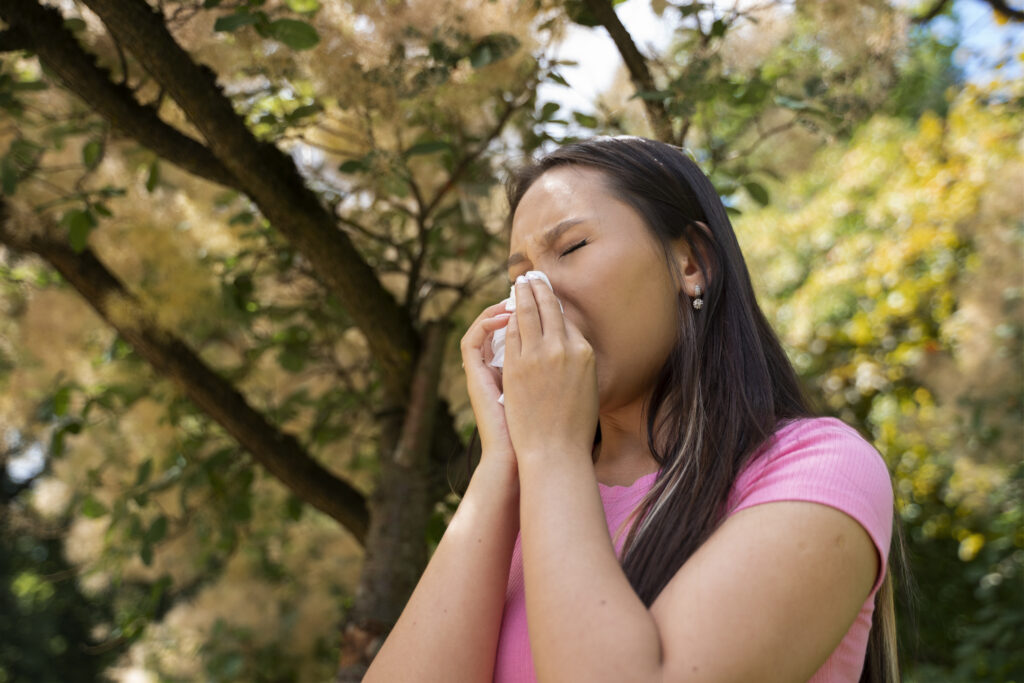What Are Occupational Allergies?
Occupational allergies are allergic reactions caused by substances found at work. These allergies can affect anyone, no matter the job. Often, people develop symptoms after repeated exposure to certain materials or chemicals. Occupational allergies can make work uncomfortable and even dangerous. For this reason, it is important to know the signs and ways to prevent them. According to the World Health Organization (WHO), workplace allergies are a growing concern worldwide.
Common Types of Occupational Allergies
Many types of occupational allergies can happen in different workplaces. Some of the most common include:
Each type can cause different symptoms, but all can affect your ability to work safely.
Causes and Risk Factors
Many things can cause occupational allergies. For example, repeated contact with certain chemicals or dust can trigger reactions. Some common causes include:
Several risk factors increase your chances of developing workplace allergies. These include:
In some cities, pollution or climate can make workplace allergy risks higher. For instance, humid areas may have more mold.
Symptoms and Early Warning Signs
Occupational allergies can cause many symptoms. Early warning signs may include:
Sometimes, symptoms appear only at work and improve at home. However, ignoring these signs can lead to more serious health problems. Therefore, it is important to pay attention to any changes in your health while at work.
Diagnosis and When to Seek Help
If you notice symptoms of occupational allergies, you should see a healthcare provider. Early diagnosis can prevent long-term problems. Doctors may ask about your work history and symptoms. They might also perform tests, such as:
Sometimes, doctors may visit your workplace to check for possible allergens. If you have trouble breathing or severe swelling, seek emergency help right away. Quick action can save lives in case of a severe allergic reaction.
Prevention Strategies in the Workplace
Preventing occupational allergies is possible with the right steps. Here are some workplace allergy prevention tips:
Employers should also provide training and make sure safety measures are in place. In addition, regular checks for allergens can help keep everyone safe.
Lifestyle Tips for Managing Occupational Allergies
Managing allergic reactions at work is easier with some lifestyle changes. Try these tips:
With these steps, you can reduce your risk of allergic reactions at work. Remember, small changes can make a big difference in your health.
Conclusion
Occupational allergies can affect anyone, but you can take steps to prevent and manage them. If you notice symptoms, do not ignore them. Consult a healthcare professional for personalized advice on occupational allergies. Your health and safety at work matter.


